Do you want to use social proof to increase your conversion rate?
Adding social proof to your website can grow your business. That’s why big brands like Amazon, WordPress, Mailchimp, and just about every other company, use social proof on their sites.
In this guide, we’ll share more than 30 ways to use social proof in your marketing to increase your conversions.
What is Social Proof?
Social proof is a psychological phenomenon where people conform to the actions of others under the assumption that those actions are reflective of the correct behavior.
Marketers use social proof as a tactic for conversion rate optimization by easing the minds of worried customers.
There’s no denying the power of social proof. Studies show 92% of online consumers look at a product review prior to making a purchase.
More telling is the fact that product reviews are 12-times more trusted than product descriptions and sales copy from manufacturers.
In other words, consumers want proof from their peers and unbiased 3rd parties, not the brands selling the products.
The best way to understand social proof is by looking at some real-life social proof examples that you encounter on a daily basis…
- Restaurants often have limited space in reception areas so that people waiting for a table will be forced to wait outside. This shows people passing by that the restaurant is in high demand. As a result, a passerby is more likely to visit the restaurant in the future.
- Stores will often post pictures of celebrities who have shopped on the premises in order to subconsciously tell customers that high authority figures approve of their products and services.
- Country clubs often require people to join a waitlist in order to obtain memberships. While waitlists are sometimes needed to prevent too many members from joining, the reality is that they’re frequently implemented to make clubs seem more exclusive.
As you can see, social proof is all around you. And while you’re often subject to social proof as a customer, it’s imperative that you begin to leverage it on your own website. When used effectively, social proof can drastically and swiftly improve online conversions.
Now that you understand the power of social proof, where do you find social proof to use for your website?
6 Types of Social Proof
There are 6 major types/sources of social proof. Start by leveraging the sources you already have, and then work to acquire more.
- Customers: social proof from your existing customers or users (e.g. testimonials or case studies).
- Experts: social proof from credible and esteemed experts in your industry (e.g. experts who exhibit the same behaviors that you want our visitors to).
- Celebrities: social proof from celebrities or other influencers (e.g. celebrities who have bought your product, or visited your establishment).
- Crowds: large numbers of people who provide social proof (e.g. “300,000+ websites use the OptinMonster lead generation software to get more email subscribers”).
- Friends: people who are friends of your users/website visitors (e.g. “50 of your friends like OptinMonster”).
- Certifications: a credible, 3rd party entity that certifies that you are a knowledgeable, high-quality or trustworthy source (e.g. “USDA Certified Organic”).
OK, now that you know the major types of social proof, let’s dive into 31 ways to use social proof to increase your website conversions.
Social Proof Examples to Increase Conversions
The question isn’t whether or not social proof will help you increase conversions, but rather which social proof strategies will you use?
Below are 31 social proof strategies that you can start using in your business to increase your conversions and grow your sales.
1. Real-Time Stats
Showing the real-time stats of how many people are currently viewing the page, or how many customers are currently purchasing is not only a great form of social proof but it adds fear of missing out (FOMO) into the mix as well.
A great tool to easily implement this is TrustPulse. This displays your most recent site activity in a small but attention-grabbing popup.
You can show purchases, registrations, signups, anything you want. You can even do these cool “on fire” notifications if something in your store is blowing up in popularity. These are great for leveraging FOMO on landing pages and checkouts.
Plus, TrustPulse takes less than 5 minutes to set up, from signup to live and running on your site. Not bad for social proof that’s proven to give you an instant increase to site conversions by up to 15%.
Just click here to get started with TrustPulse for free.
2. Customer Testimonials
Perhaps the most commonly used form of social proof is the customer testimonial. According to research done by Nielsen, 92% of people will trust a recommendation from a peer, and 70% of people will trust a recommendation from someone they don’t even know.
That’s why almost all big brands show customer testimonials on their website.
Amazon, the world’s largest online retailer, displays customer reviews and ratings on every product.
Freshbooks, a popular invoicing software for small businesses highlight why small business owners love their product. By doing this, they are targeting their testimonials directly at their audience:
On OptinMonster, aside from displaying testimonials throughout the site, we have a dedicated OptinMonster customer reviews page where we list our customers’ testimonials.
Customer reviews and testimonials can be displayed in a number of different formats as long as they highlight the value of your product through the voices of satisfied customers. In fact, according to one study, testimonials can increase conversions on sales pages by as much as 34%. The key is setting in on the testimonial format that’s best for your website.
3. Celebrity Endorsements
Celebrities and well-known industry experts are great resources when it comes to establishing authority and proving your value.
Depending on your brand, celebrity approval may come in the form of paid endorsements or even natural endorsements.
The former would refer to formal contracts where you pay a figure to represent your brand. This is what big corporations like Pepsi and Priceline do.
William Shatner earned $600 million by being a spokesperson of Priceline.
Natural celebrity endorsement refers to situations where an individual publicly approves of your brand/product of their own volition.
WPBeginner videos highlight industry experts who recommend free WordPress video training.
4. Social Media Takeovers
Social media takeovers are a great way to expand your influence to an audience that may be interested in what you have to offer but aren’t necessarily familiar with your brand. In a social media takeover, an influencer or expert will literally take over the posting on your social networks for a certain amount of time.
The city of Calgary had a social media takeover of their Instagram platform. Residents and city ambassadors would take over the city’s Instagram for a week to show off all the cool things the city has to offer.
Takeovers are usually an easy sell because not only do you leverage the relationship that the influencer marketing expert has with their audience but they get access to your audience, too.
5. Host Experts
Inviting expert guests to contribute to your social media platforms or blog is a great way to use social proof. Chalene Johnson is always doing this in Instagram Stories and on Snapchat:
Your followers (and others who stumble upon these guest posts) tend to attribute the expert’s authority to you since it’s your platform that’s being used to share the message. Plus, followers will look to you as a source of this knowledge in the future, even though you’re acting just as a distributor.
6. Case Studies
While more formal in nature, case studies are often used to provide high authority social proof. Also referred to as longform social proof, case studies leverage the idea that customers perceive long, in-depth user reviews as being more reputable than brief excerpts.
At OptinMonster, we have a dedicated Case Studies section where we highlight the success stories of our customers.
Shopify, a popular eCommerce software on the web, highlights their customer success stories as longform case studies.
7. Media Mentions
Has your product or brand ever been mentioned in the media? This includes magazine features, unsolicited reviews, TV segments, or podcast interviews. If possible, take excerpts from these media mentions and paste them on your website to establish authority.
This is what Freshbooks does on their homepage:
Another example of quoting press mentions can be seen by Markhor, a high-quality leather shoes maker.
An even simpler and less-invasive strategy is to simply integrate the logos of media outlets you’ve been featured in.
8. Customer Base
One extremely pervasive and effective social proof strategy is the use of client logos to prove positive adoption.
By showing users your existing customer base, you’re essentially telling them that your product offering is good enough for these successful companies to use, it must be good enough for them, too!
Basecamp did a great job of this by showing the number of companies that signed up last week along with the big companies that are using their platform.
Now that they’re even more popular, Basecamp has moved to a sleek chart that shows how they’ve grown:
SendGrid, a popular email marketing service, displays the logos of their customers towards the footer of their home page with a link that visitors can click to learn more about SendGrid’s customers.
When you click the link, you’re taken to an entire page devoted to SendGrid’s social proof:
9. Trust Seals
By adding trust seals on your checkout page, you can significantly boost your sales. In a split test, Blue Fountain Media found that their conversions increased by 42%, just by adding a Verisign trust seal.
There are tons of security seals you can add on your site such as Norton, McAfee, Better Business Bureau, etc. Baymard Institute conducted a study that showed which seals potential customers trust more:
10. Certifications and Badges
If your business has certain industry certifications or accreditations, you can proudly display these qualifications on your website.
Most certifying and accrediting organizations have badges or logos that can be freely displayed on your website. Some have even been shown to increase conversion rates by as much as 30 percent.
Pagely, a leading managed WordPress hosting provider, displays an Amazon Web Services Partner Badge proudly on their site.
Kristi Hines, a well-known freelance writer, displays all of her certifications on her home page.
11. Platform Integrations
If your product or service integrates with third-party services, then one of the best social proof you can add is the logos of your integration partners. By doing this, you ultimately put your product in the company of credible and familiar brands.
At OptinMonster, we do this by displaying all of our email marketing service and platform integrations:
When someone shows up, they may not know who we are, but they’ve most definitely heard of Constant Contact, Mailchimp, AWeber, WordPress, Drip, Shopify, and the others, which adds credibility to our platform.
Baremetrics does it right in their footer by stating that they’re an analytics and insights platform for the popular payment platform Stripe.
Adding third-party platform integration logos is one of the easiest ways to borrow social credibility.
12. Social Share Count
One really simple form of social proof that you can display on your site is the raw number of social shares.
Social share counts are most often used to provide social proof on blog posts.
However, you can also add social share counts to any page on your website, including landing pages and product pages.
13. Subscriber/User/Customer Count
Your subscriber, user or customer count is another valuable statistic that brings credibility to your brand.
On their pricing page, WordPress.com highlights that WordPress powers 33% of the internet. How can you say no to using WordPress after that!
Similarly, you can use any relevant statistics to get your point across.
Akismet, a popular comment spam filter for WordPress, highlights that they block over 7.5 million spam comments per hour.
Raw numbers simply convert!
14. Social Media Proof
Brands are using social media statuses as social proof by highlighting what their customers are saying about them. It doesn’t get more authentic than this.
Campaign Monitor, a popular email marketing service, displayed tweet testimonials in the footer of their site for a while.
You can display tweet testimonials on your site automatically using Custom Twitter Feeds Pro by Smash Balloon.
With Custom Twitter Feeds Pro, you can create a beautiful feed of tweets that mention your account or use your branded hashtag.
It’s the perfect way to keep your site updated with glowing social media testimonials.
The feeds created with Smash Balloon are responsive, SEO-friendly, and highly customizable. Plus, you can add another layer of social proof by displaying likes, replies, retweets, and followers.
15. Ratings and Reviews
Did you know that 63% of consumers indicate that they are more likely to purchase from a site if it has product ratings and reviews?
Especially if you have an eCommerce store, you should be using ratings and reviews to increase conversions on your product pages.
16. Test Scores
Test scores from an independent, 3rd party source can be really helpful for easing a customer’s concerns.
For example, Google’s “Trusted Store” card provides a score based on criteria that are really important to shoppers in advance of making a purchase.
17. “Best Seller”
Simply showing customers which products are your “best sellers” works to increase conversions on those particular products.
A prospect who is thinking about purchasing may be on the fence, but when they see that it is a best seller then they will be much more likely to make the decision to purchase. That’s why Amazon calls out which products are their best sellers with an eye-catching “#1 Best Seller” banner.
18. “Customers also bought…”
Similarly, you can show prospects similar products that your customers bought along with the product they are currently viewing.
This is not just a tactic for cross-selling your products; it’s a form of social proof which shows that other people are purchasing your products.
19. Customer Recommendations
A really powerful way to leverage your existing customers for social proof is by surveying them and then stating the percent of customers who would buy your product again.
NakedWines does this by asking customers who bought a bottle of wine to give it a rating and state whether they would buy it again and then calculating the overall percentage.
20. Number of Orders
Simply sharing how many orders you’ve had, or how many times your product has been sold can make a huge difference in making even more sales.
Here’s an example from GoodReads. In the product description for this book by Dale Carnegie, they share that over 15 million copies have been sold.
15 million people can’t be wrong, right?
21. Ambassadors
To better leverage your customer reviews, you can allow customers to create a profile and become ambassadors of your brand.
This shows prospects that your product is so good that customers not only love it, but they promote it as well.
Sweaty Betty, a fitness apparel company, calls out their ambassadors on each of their product pages under the “Product reviews” section.
22. Popular Posts/Products
Showing off your popular posts or products proves that other people are interested in them, so why not place those in a prominent place on your website?
Here at OptinMonster, we place our popular posts in the sidebar.
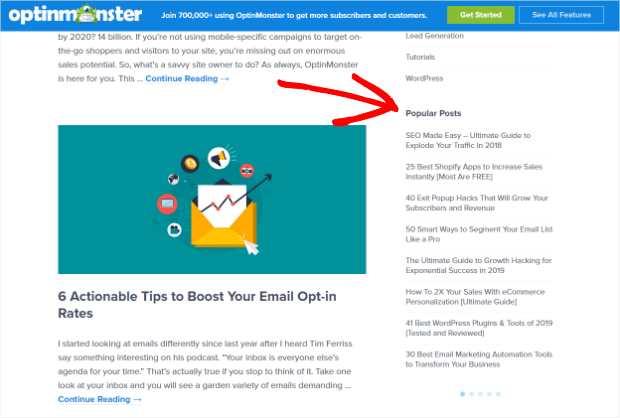
MonsterInsights’ Popular Posts feature lets you easily display your best content anywhere on your site, including in the sidebar, footer, or within a post itself.
You can also showcase up to 10 of your bestselling products at the bottom of single product pages.
This is especially great for prospects who are looking to buy a gift for someone but aren’t sure exactly what to buy.
23. Customer Showcase
People love to be featured, so why not feature your happy customers as social proof? With a customer showcase, you can show off your customer’s creations, styles, or whatever they have been able to create or do as the result of your product.
For example, Modcloth has a style gallery where they allow customers to post photos of themselves wearing the products.
This is even more powerful than hiring professional models. After all, their clothes make real customers look this great, so surely they’ll look great on any visitor who happens by!
To show off your customers’ photos on your website, you can use a plugin like Instagram Feed Pro.
With Smash Balloon’s Instagram Feed Pro, you can easily create an Instagram hashtag feed and embed it anywhere on your WordPress site.
Here’s an example of an Instagram hashtag feed:
Now you can keep your site automatically updated with user-generated content!
More Social Proof Tricks to Boost Your Conversions
So far, we’ve shared with you 21 different ways that you can use social proof on your website to increase your conversions. But we’re not done yet…
By combining social proof with other proven psychological principles, you can boost your conversions even more. Here are 8 more social proof tricks to keep up your sleeve when implementing any of the ideas above.
24. Use Social Proof with Photos
Just because your social proof is real doesn’t mean that people will believe it. So how do you convince them?
According to research, a good way to make people believe that your claims are true is by including photographs. We also know that people really like looking at human faces on the internet, and testimonials are more likely to be believed when they include a photograph of the person you are quoting.
Here’s an example from our testimonials page.
25. Use Social Proof with Similarity
According to the psychological principle of similarity, people tend to like other people who they perceive to be similar to themselves. Aristotle understood how similarity leads to liking and said in his Rhetoric:
“But since everything like and akin to oneself is pleasant, and since every man is himself more like and akin to himself than any one else is, it follows that all of us must be more or less fond of ourselves…That is why we are usually fond of our flatterers, [our lovers,] and honour; also of our children, for our children are our own work.”
So to increase the power of your social proof, use a source that is similar to your prospect. You can do this with your testimonials, case studies, and even your raw numbers. For example, “Join 10,000+ other marketers!”
26. Use Social Proof with Stories
According to psychologists Christopher Chabris and Daniel Simons, stories and examples are more trustworthy than statistics because they stick in people’s minds, whereas raw numbers do not.
Stories are also very persuasive because we tend to imagine ourselves in the stories we hear.
In your case studies and testimonials, ask customers to describe their situation before as well as after your product. Really paint the picture of their problem, why they chose you, and how you helped them.
27. Use Social Proof with the Halo Effect
A cognitive bias known as the halo effect says that an observer’s overall impression of a person, company, brand or product actually influences their feelings about that entity’s character or properties.
In other words, if a person has positive feelings about another person, those positive feelings can cause ambiguous or neutral traits to also be viewed positively. You might describe them as seeing the person through “rose-colored glasses.”
This phenomenon explains why influencers are so, well, influential! Since they have such a big reputation, people tend to assume that everything they say and associate themselves with must be trustworthy.
You can take advantage of this by getting influential people to say nice things about your brand or your product. Adding notable media mentions or big-name customers that you serve also uses the halo effect.
28. Don’t Use Negative Social Proof
Negative social proof is when you warn prospects about the dangers of missing out on your product and supporting those claims with evidence of others who have also missed out.
Here are some examples of negative social proof:
- “This year Americans will produce more litter and pollution than ever before.”
- “Your heritage is being vandalized every day by theft losses of petrified wood of 14 tons a year.”
- “4 Years ago, over 22 million single women did not vote.”
According to a study by psychologists Noah Goldstein and Steve Martin, this type of social proof does not work. In fact, it actually has the opposite effect.
The psychologists tested 3 different signs posted in the Arizona Petrified Forest to prevent theft of the petrified wood in the park. One sign used negative social proof. It read, “Many past visitors have removed the petrified wood from the park, destroying the natural state of the Petrified Forest.”
What they found was that this sign not only failed to reduce theft but actually tripled the amount of theft! Apparently, providing evidence that many other people were already stealing just made them more confident that stealing was “okay”.
So, don’t use negative social proof. It may be true, but it doesn’t work.
29. No Proof is Better than Low Proof?
If you only have a very low amount of social proof, it may be a good idea to eliminate it entirely.
The Visual Website Optimizer blog examined the use of social media buttons with low social share counts. After performing an A/B split test, they found that removing the buttons significantly increased conversions. Their theory is that low social proof actually hurts conversions because it makes your stuff (your blog posts, in this case) look unpopular.
Rand Fishkin also talks about the varying effectiveness of social proof. However, he points out that even small numbers can work if you get really specific about the source of those numbers, using the principle of similarity that we discussed back in trick #2.
The example he gives is “141 restaurants in Portland, Oregon use GetListed to manage their online listings and SEO.” Even though 141 restaurants isn’t a huge number, “restaurants in Portland, Oregon” is very specific. So if you are a restaurant in Portland, Oregon, then this specificity could be even more effective than a generic, “40,000 small businesses use GetListed.org” (despite the much larger number).
Still, you may be worried about sharing generic forms of social proof (like social shares on your blog posts), especially in the beginning when you don’t have large numbers to boast about yet. Well, one way that I’ve found to get the best of both worlds is with the Social Warfare WordPress plugin.
This plugin will allow you to use social sharing buttons on your site, but only show the actual social share counts after they reach a minimum number that you specify. Problem solved!
30. Use Social Proof with Urgency
No mo’ FOMO!
You’re familiar with FOMO marketing, right? The “fear of missing out” concept basically says people are more likely to convert when they feel like they’re on the verge of missing out on a good deal or opportunity.
In terms of web design, this may look like incorporating a countdown ticker in your shopping cart feature or listing the number of remaining units you have left in stock.
Groupon uses FOMO marketing really well in their listing. Here’s an example of one:
We’ve also used urgency by adding a dynamic countdown timer to our pricing pages on several of our web properties. This has increased our conversions a ton.
You could combine a countdown timer like this with social proof, and see your conversions go through the roof!
Combining urgency with social proof is a win-win. See our article on how to use urgency to hack your conversion rate.
31. Use Social Proof with OptinMonster
At OptinMonster, we’re all about increasing your conversions.
When you use our lead generation software, you gain instant access to features like exit-intent technology, A/B split testing, page-level targeting, and built-in analytics, all of which can help you turn meandering visitors into engaged customers.
Since we know the value of social proof, you can even add social proof inside your OptinMonster popups. Here’s an excellent example from our co-founder, Syed Balkhi: “From Zero to 330 Million – How I built one of the most popular YouTube channels in the world!”
So what are you waiting for? Get started with OptinMonster and increase your conversions today.
Now it’s your turn. After reading this article, you’re ready to add social proof on your site and boost your conversions.
Choose one of the social proof examples above and add it to your site right now. Check out this list of social proof tools you can use to make it ridiculously easy. And, remember to track your conversion rates before and after, so you can do a case study of your own. Good luck!


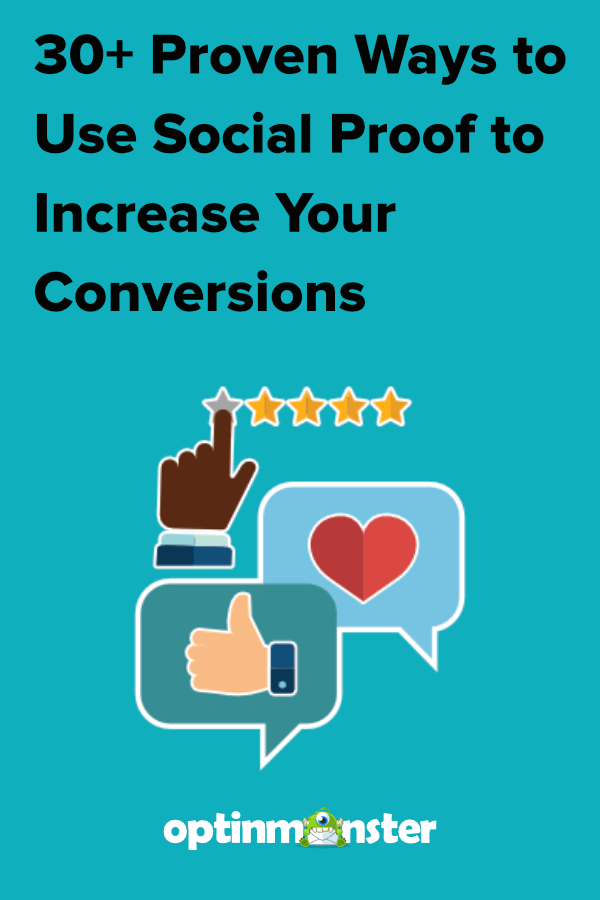
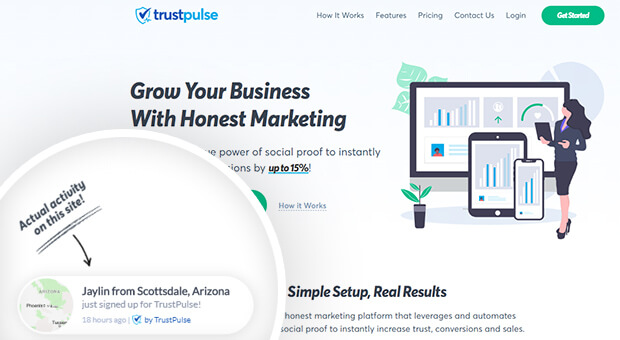
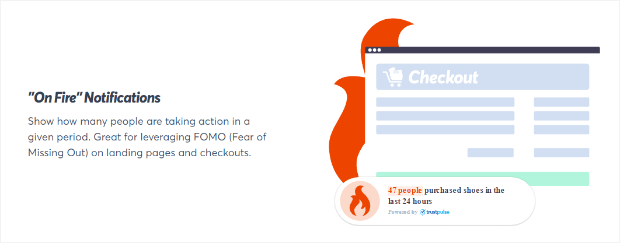
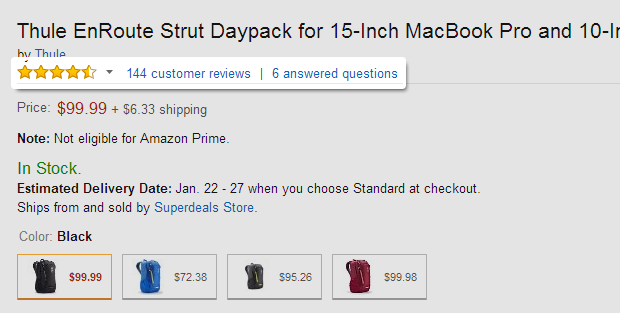
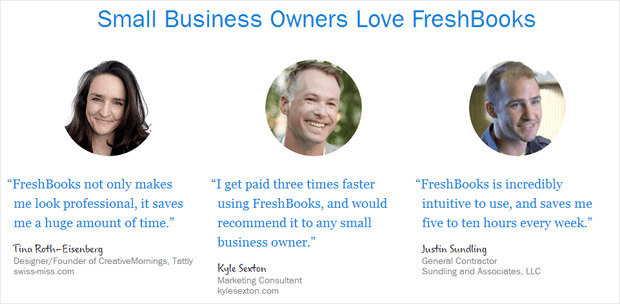
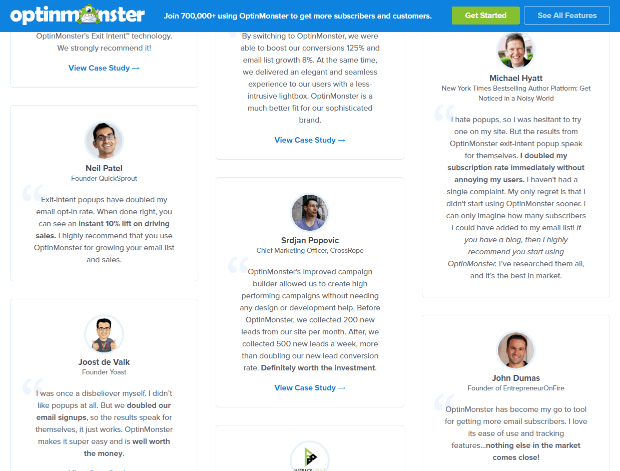


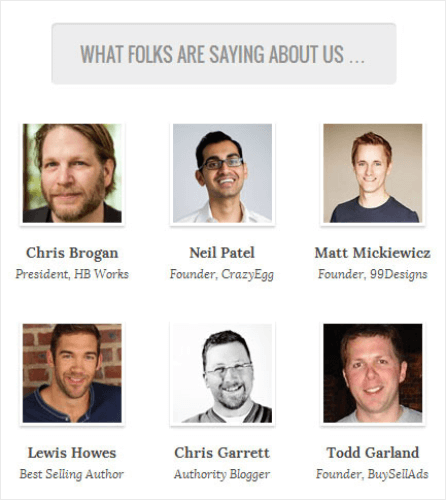

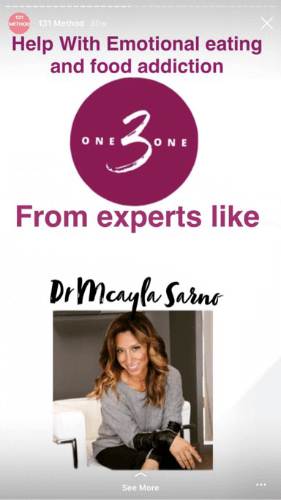
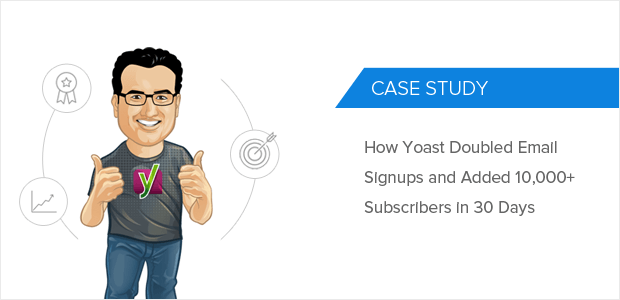
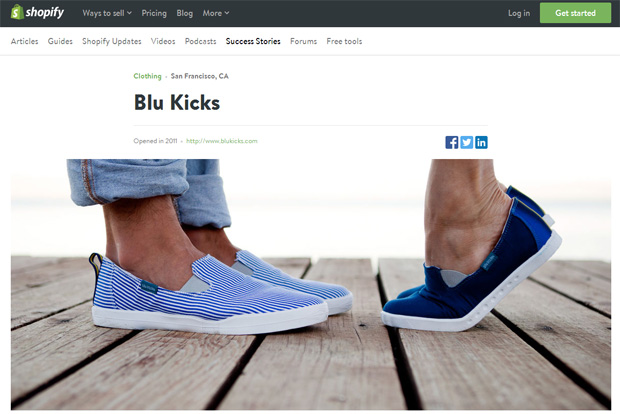


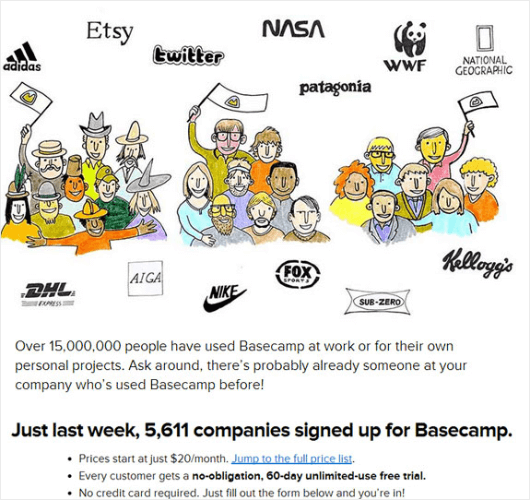

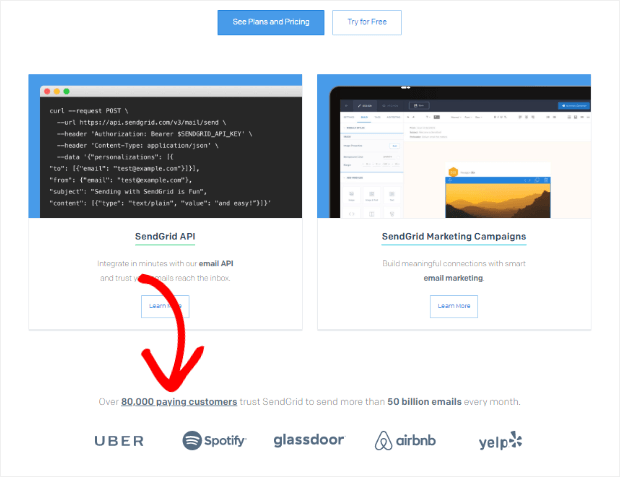
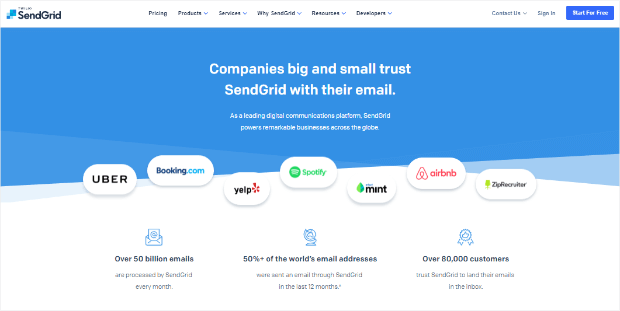
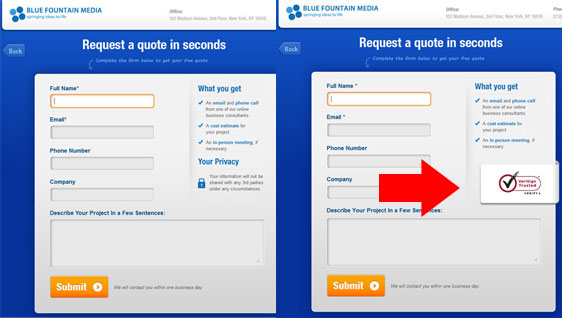
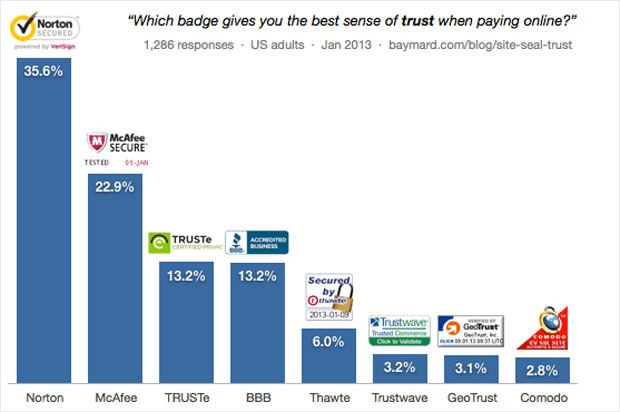
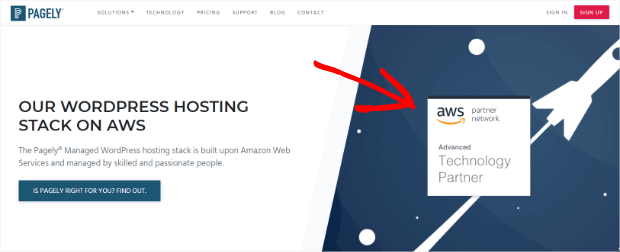
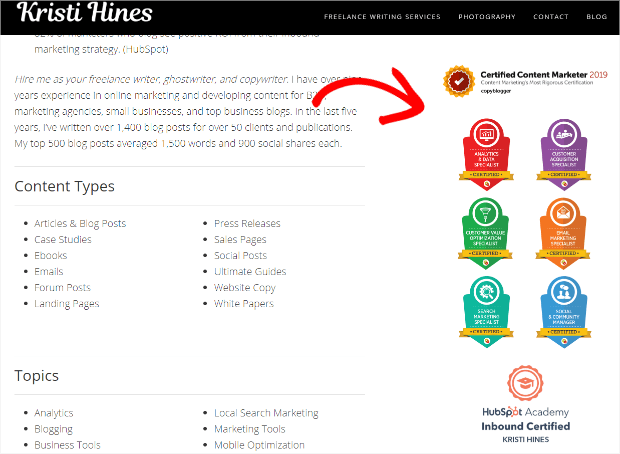
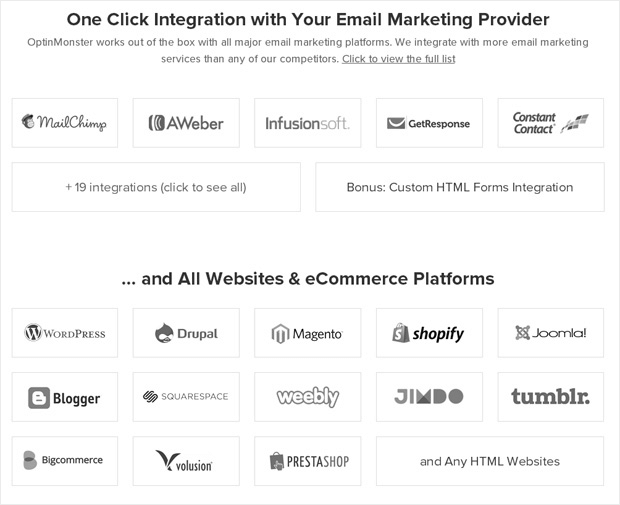
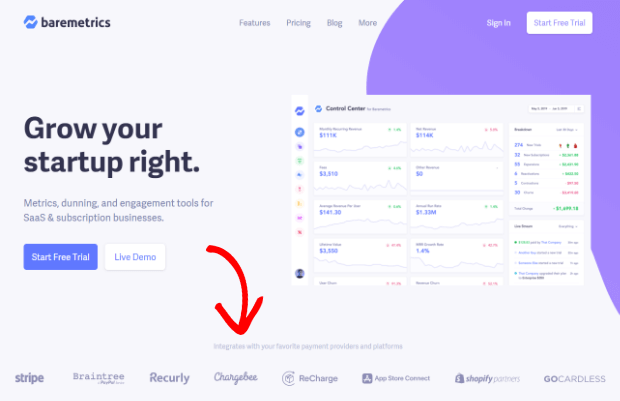

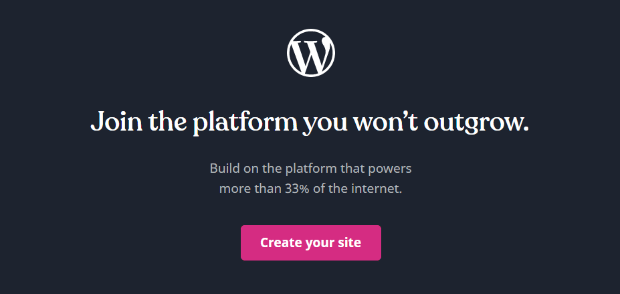


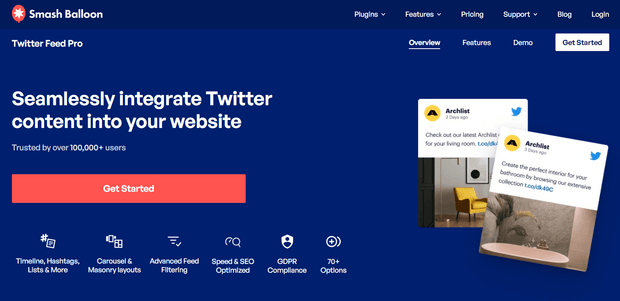
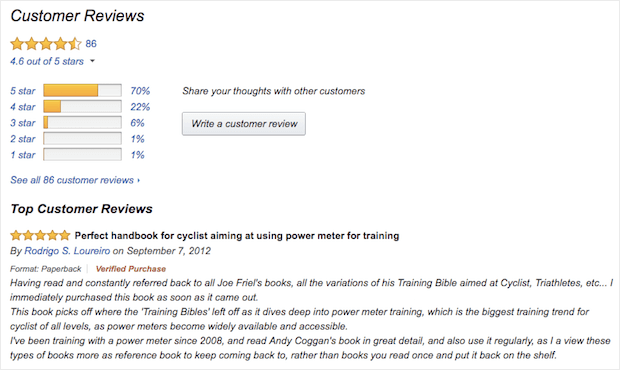
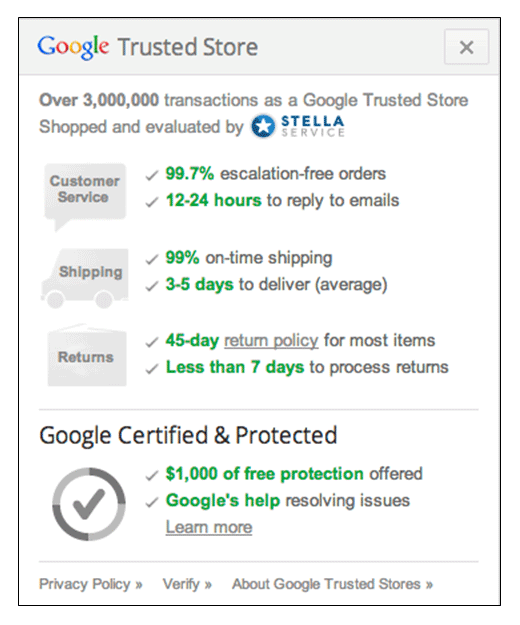
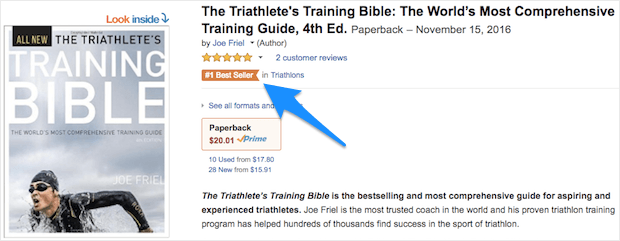
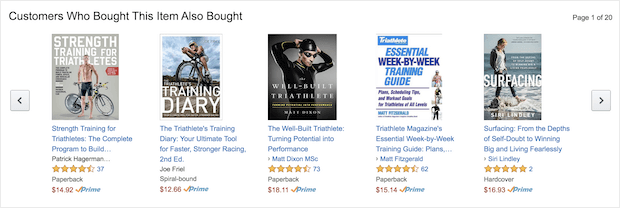
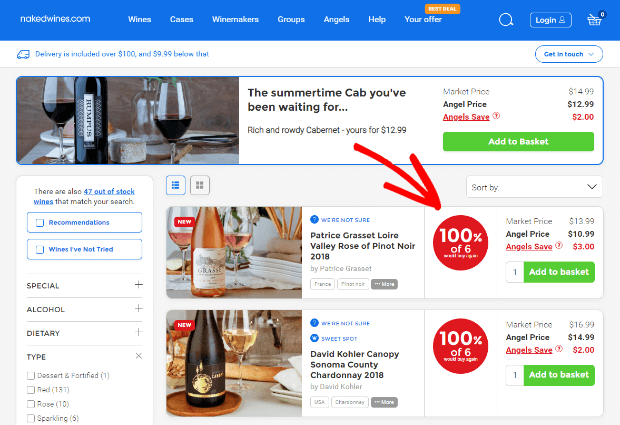
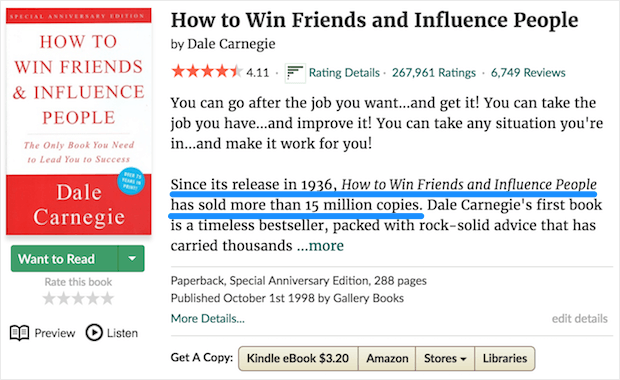
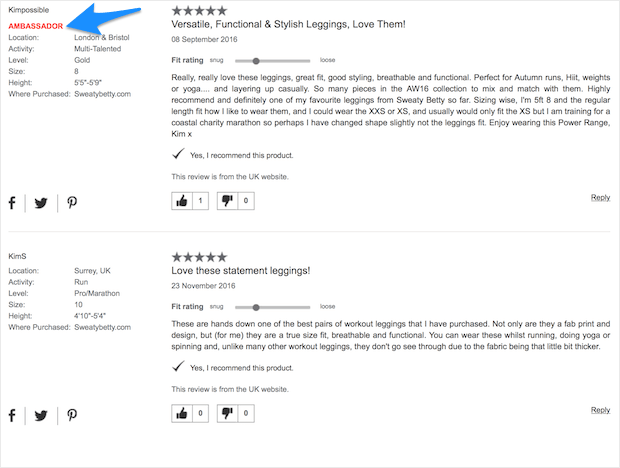
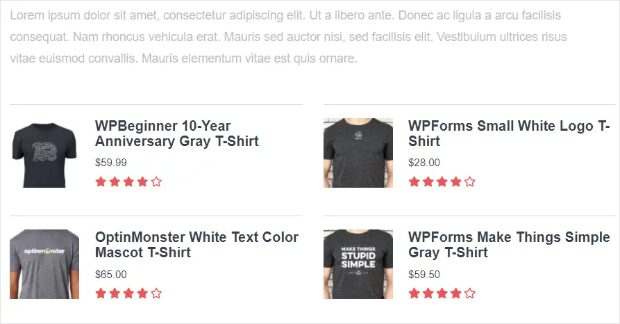
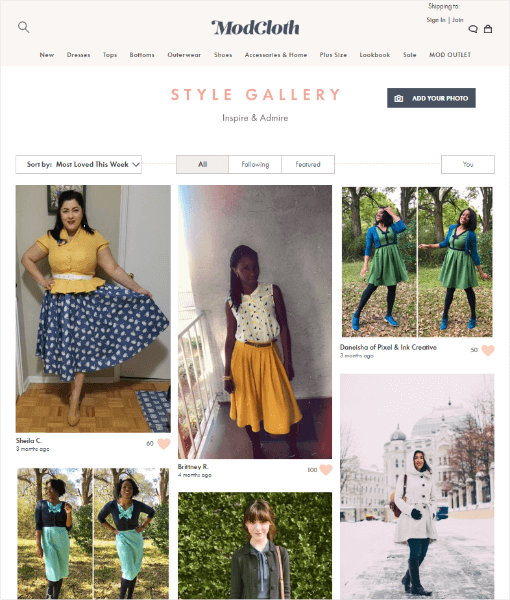
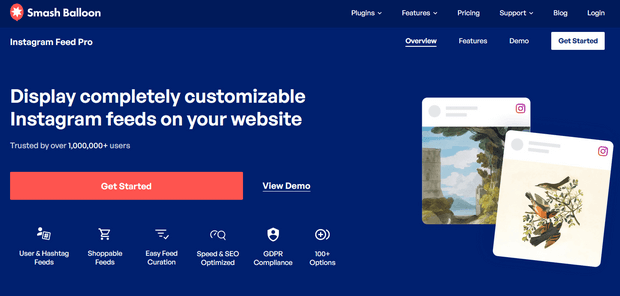
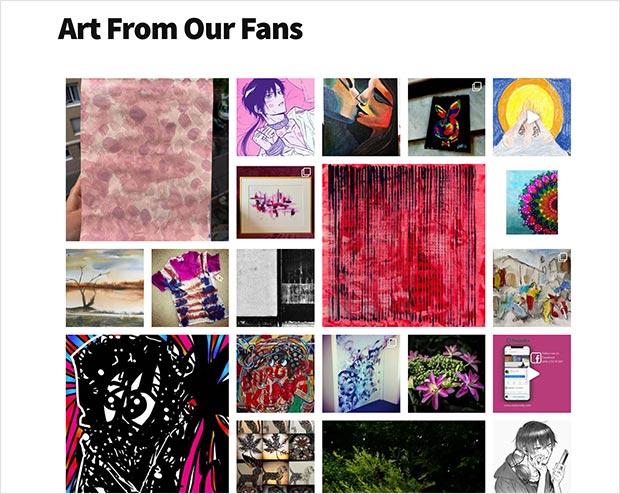
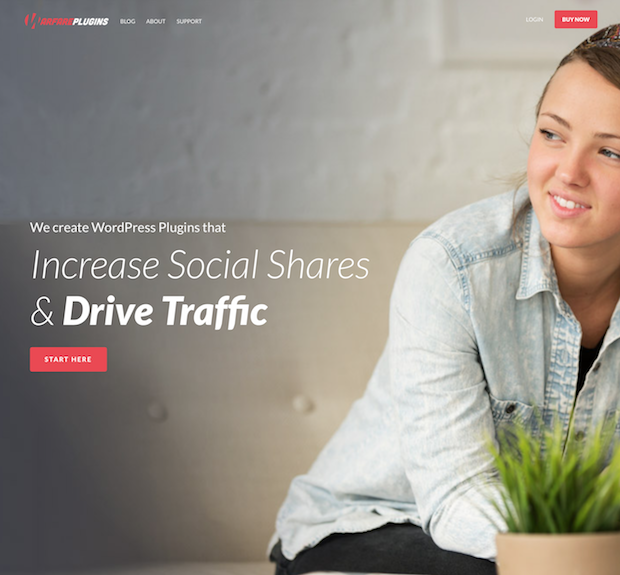

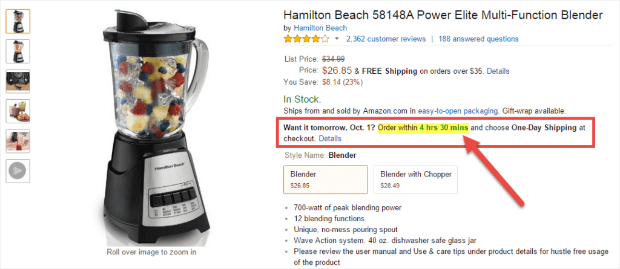
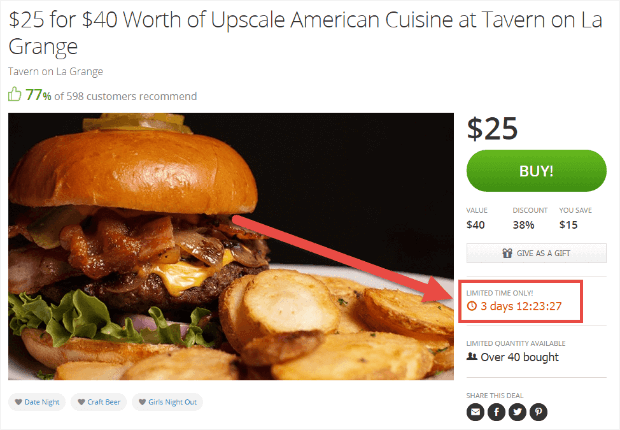
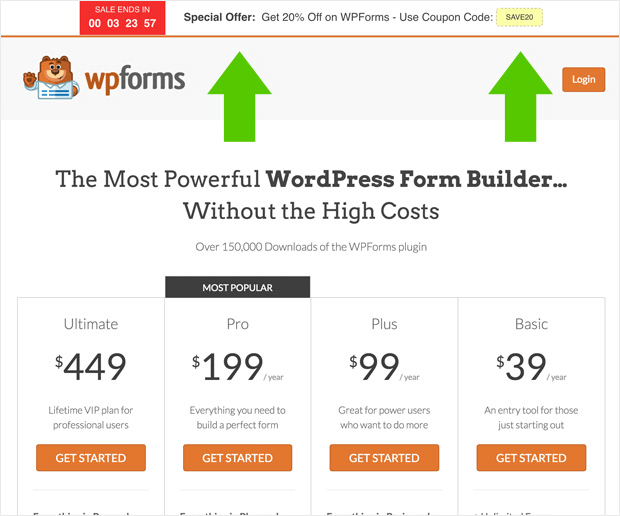
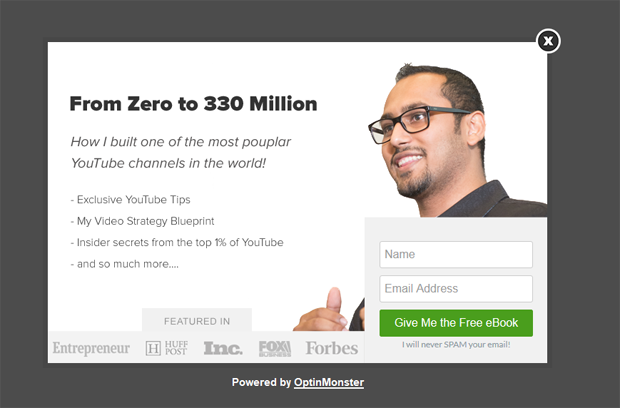

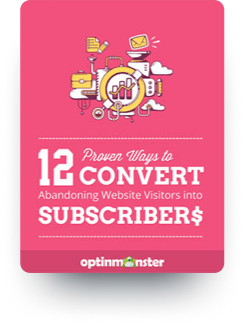






Add a Comment